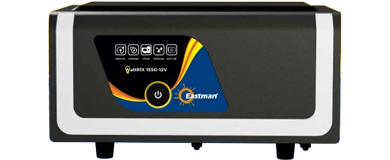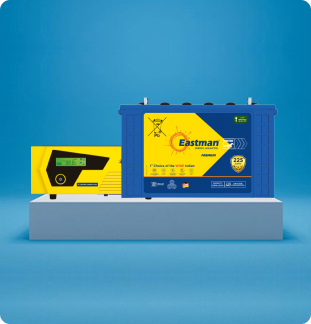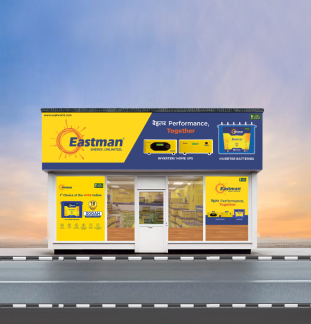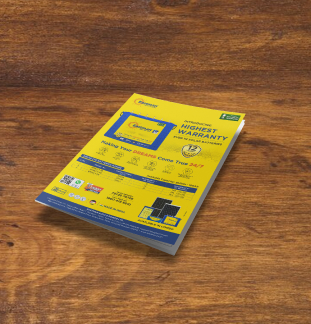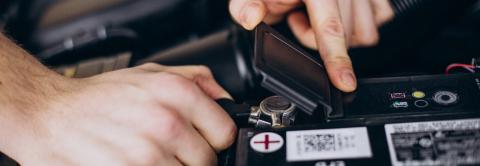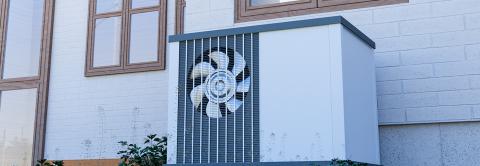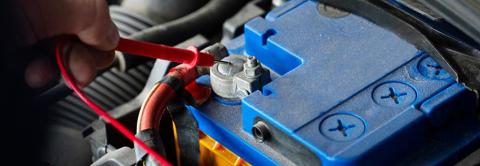Benefits of Hybrid Solar Systems: Smarter Power for a Sustainable Future
In an era defined by fluctuating energy costs and an increasing imperative for environmental stewardship, the quest for a resilient and sustainable power solution has never been more critical. Traditional energy sources often fall short, leaving homes and businesses vulnerable to grid instabilities, power outages, and ever-rising utility bills.
